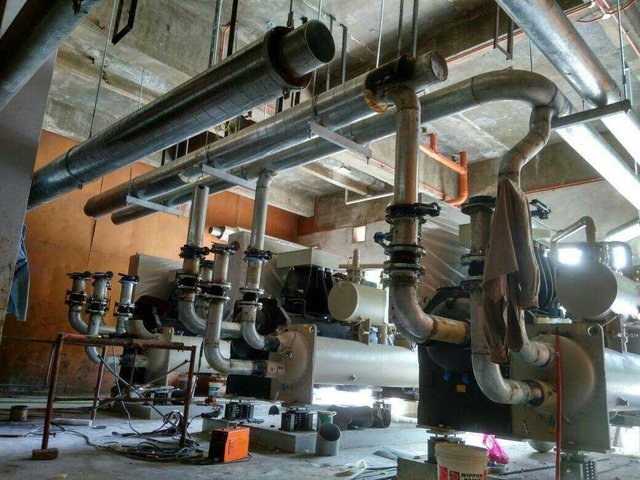
Hey Steemian friends, meet me again @vanirfan
How are you today? May always be in good and healthy condition.
This time I would be a little brave to give these real tips a result of my own experience, although I have not been too experienced in the world of welding. I will give a little tips for welding plate / iron thin using electric arc welding.
This way is probably different from the other welders but this is really I have my own practice. Here's my little share about welding thin plate.
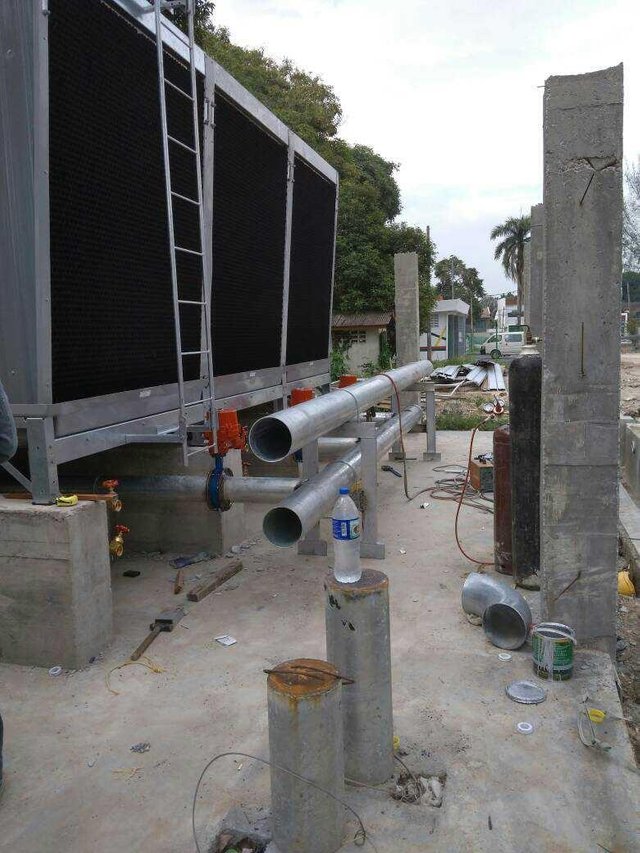
HOW TO RAISE THIS IRON TO BE UNINTERFUL OR STOPPED
Relax and Relax
First of all this is the most important when doing welding. Relax, calm do not have to hurry while welding. Just relax and do not think about things because if we do not focus and not calm, surely we are difficult to control hand motion so that hand movement often become stiff and slightly trembling.
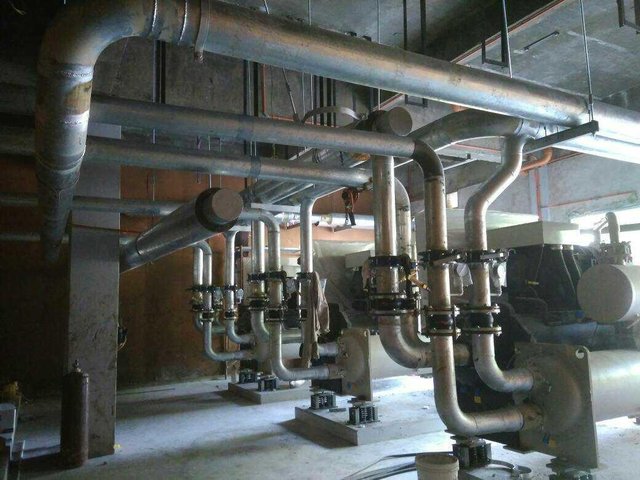
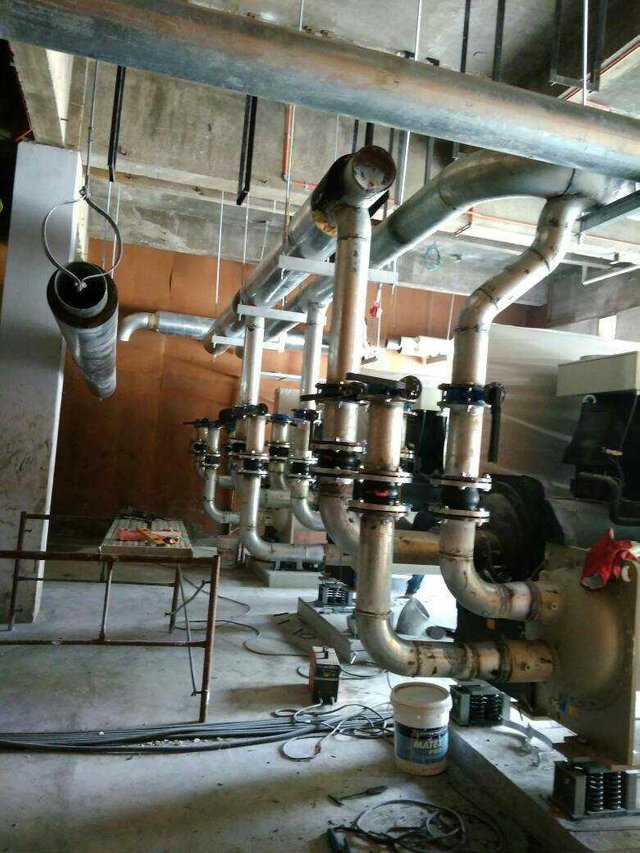
So the welding interval becomes irregular and too fast, causing the object we weld to perforate. Anyway taken sure I was, "I can do it!"
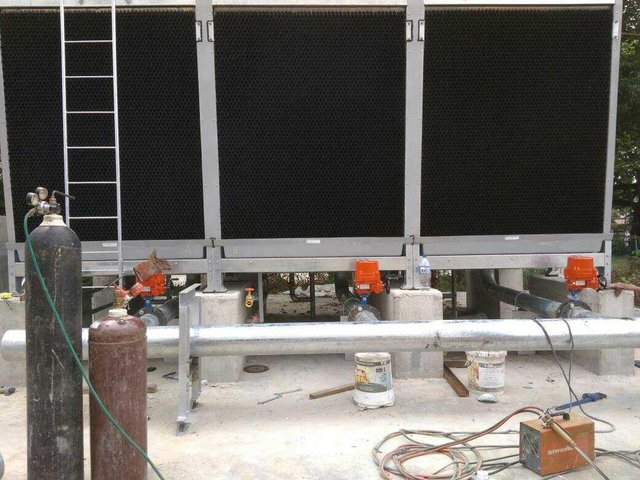
Use the Right Tools and Materials :
First use the welding inverter and its devices are still good, because if the output is not as stable then the result would not be maximal. If you want to weld thin objects such as 1 mm thick do not use electrodes wire size of 3.0 mm, because if the current increases the workpiece will be broken.
But if the current is minimized then it will be difficult to get good results because the weld is still raw. The display is rough and of course the strength of the welded joint will be weak.
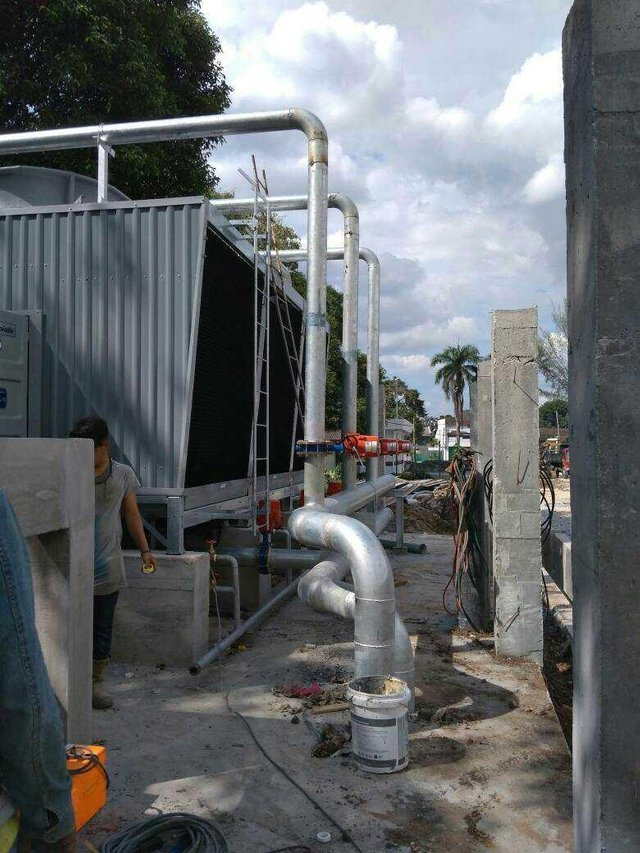
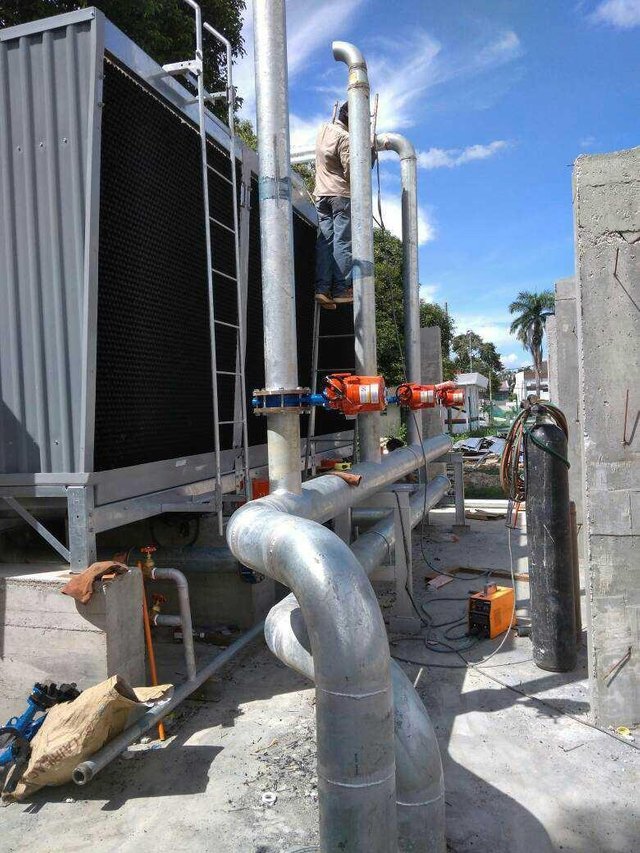
Use the Right Welding Technique:
If welding thin objects then the welding current not too big, because later can hollow objects work. Therefore wire electrodes must also be adjusted, do not use too big.
Is it possible to weld a thin plate using a 3.0 mm electrode wire with a current of 35 Ampere could it be good ?? Dream !!!!
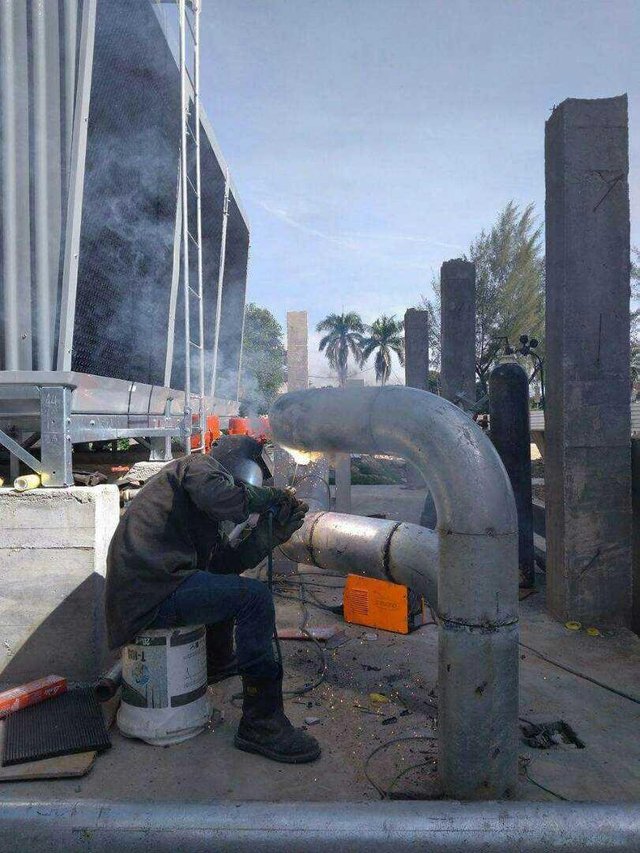
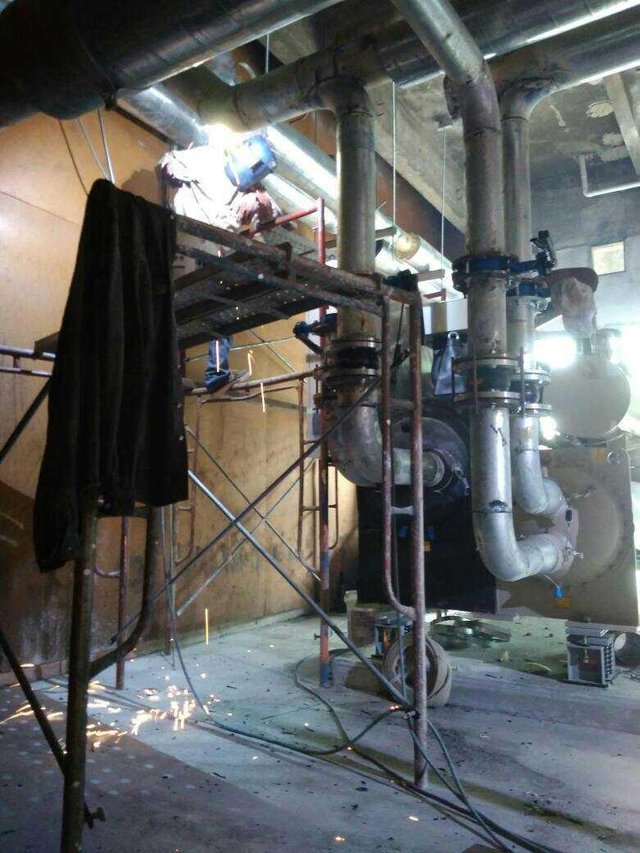
The result will be ugly, the weld is less strong, and of course welding will be difficult. Stuck there, nempel here. For illustration only, the 2.0 mm standard electrode wire uses a current of 70 Ampere - 85 Ampere for good results.
So choose a small electrode only, welding plate with 1 mm thick should use 1.2 mm electrode wire with current about 40 Ampere.
The technique of welding by slowly dripping point, do not be too fast. Wait until the iron that we weld is slightly hardened, the sign has not been issued as iron from the surface of the liquid. Slowly with a distance of about 2 mm - 3 mm from the first welding and so on.
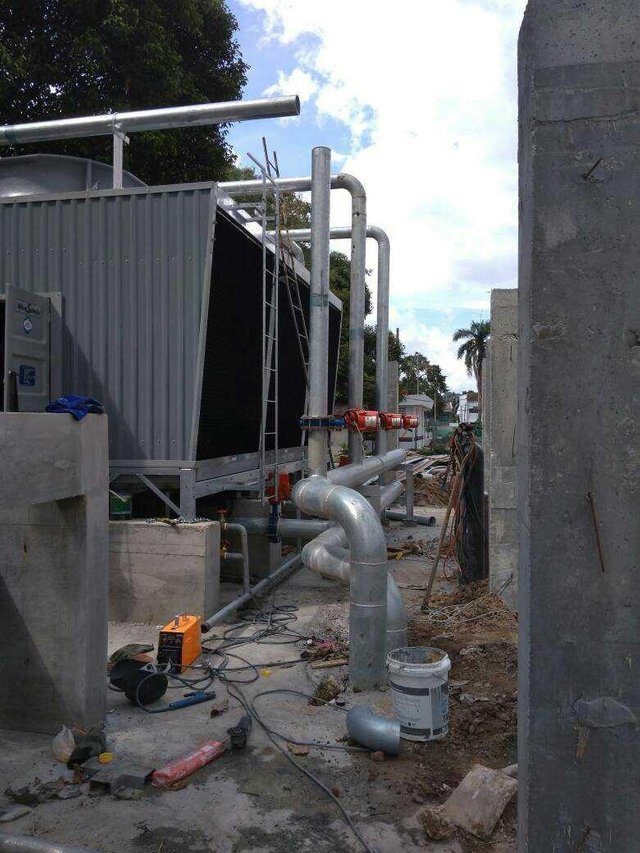
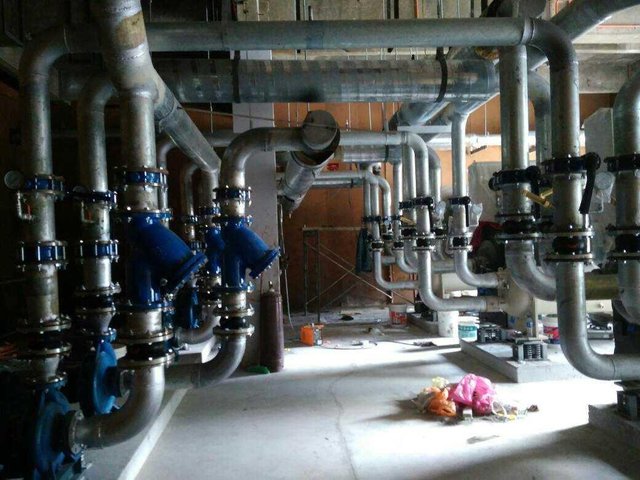
The position of the electrode wire should not be too angled the angle between the plate in the weld with the electrode as much as possible not too perpendicular and not too tilted, or form an angle of about between 45-80 degrees. Because if it is too skewed it will usually hollow.
In the weld slowly, the distance of the end of the electrode wire should not be too close and also not too far away. That is between 1 mm - 2 mm. Because if too close later can be stuck and even push surface liquid iron and will be hollow. But if too much then the fire will become bigger and hotter, so easily broken. Not to mention later results will be rough.
That's a little I share my experience in welding process @vanirfan, because to be proficient in welding we need a lot of flying hours and experience. I also still have a lot to learn, because I am also not an expert in welding.
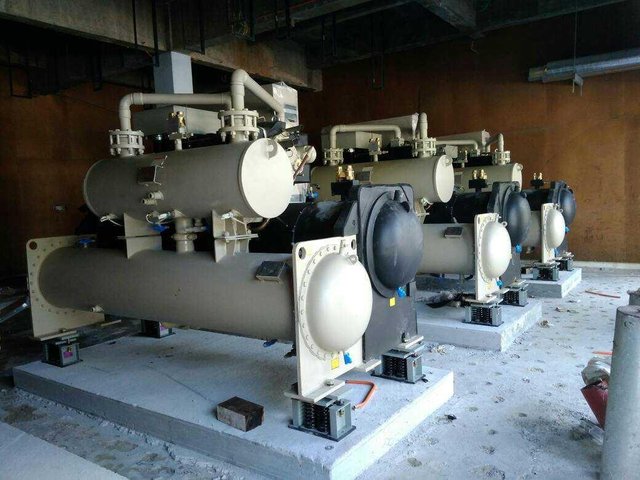
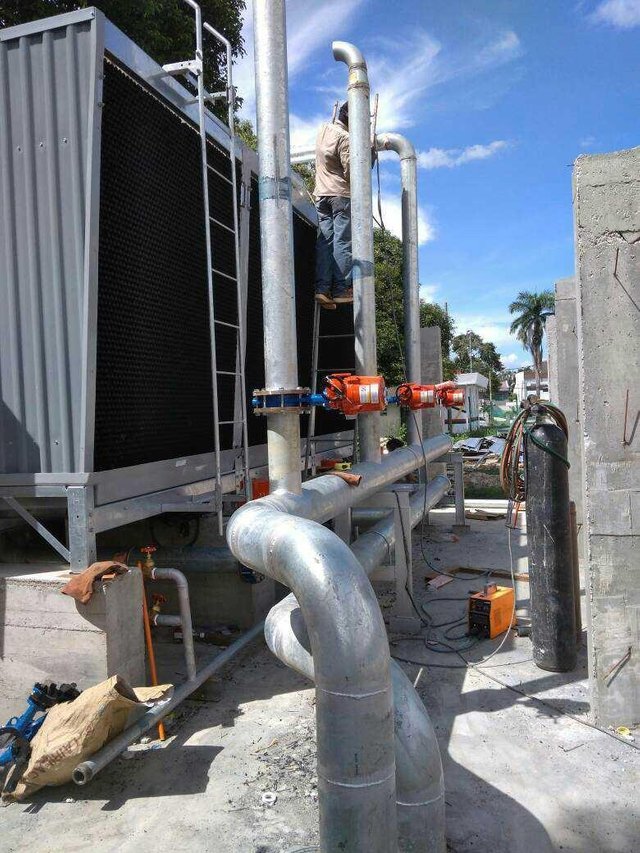
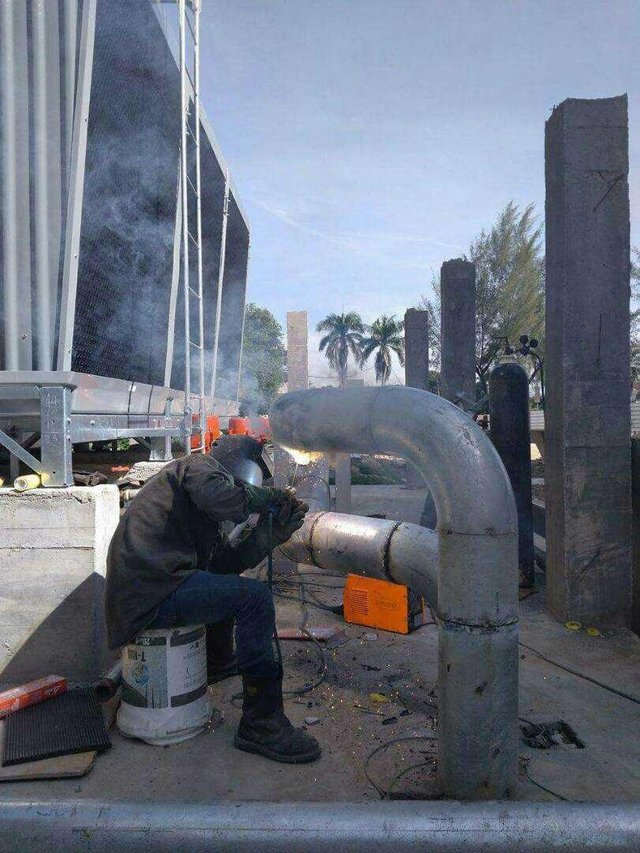
Thank you for visiting this simple blog. Hopefully useful for all friends. Good luck and good luck. See you later on my posting or work @vanirfan next thank you
Nice job friend, Thank you for sharing here.
Downvoting a post can decrease pending rewards and make it less visible. Common reasons:
Submit